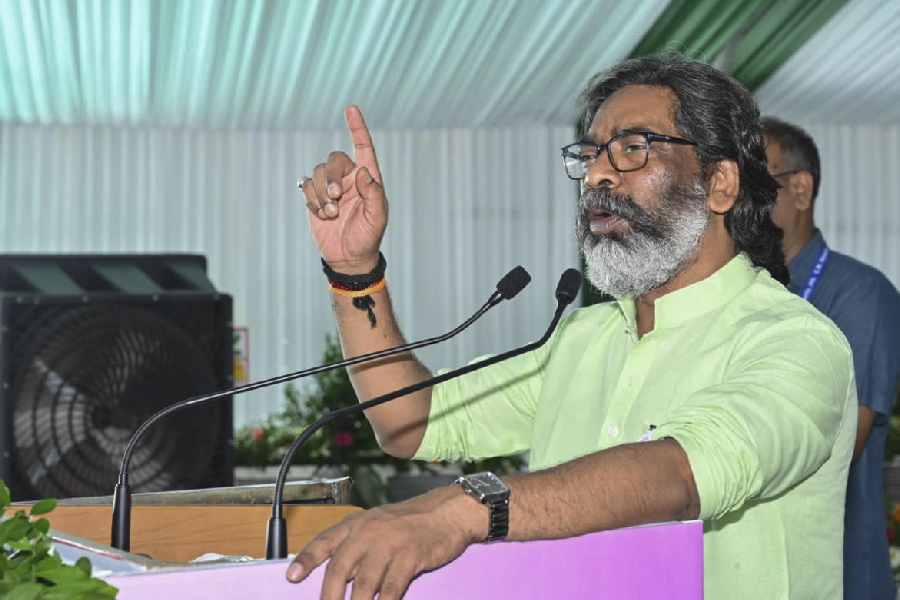A three-judge bench of the Supreme Court will take up on September 18 a batch of petitions seeking a review of a 2022 judgment passed by the court that upheld provisions that vest the Enforcement Directorate with sweeping powers of arrests and seizures in money-laundering offences.
A bench of Justices Surya Kant, C.T. Ravi Kumar and Ujjal Bhuyan will hear the matter, which was supposed to be heard on Wednesday but could not be taken up owing to the absence of Justice Ravi Kumar.
The matter had been pending adjudication for over a year.
On September 26, 2023, the apex court had constituted a special bench comprising Justices Sanjay Kishan Kaul, Sanjiv Khanna and Bela M. Trivedi to review the judgment passed by another three-judge bench in July 2022 upholding sweeping powers of the ED to arrest persons, seize or attach properties of alleged money- launderers without there being sufficient safeguards against the arbitrary exercise of such powers.
The July 27, 2022, judgment had drawn flak in both political and apolitical circles as it had come at a time when the NDA government was accused by critics of using the ED and the Prevention of Money Laundering Act (PMLA), 2022, mostly against the Opposition, which accused the government of misusing the agency for political gains.
However, Justice Kaul, who was to head the bench, retired in December last year. Thereafter, a new bench had to be constituted but because of administrative reasons, the matter could not be listed.
On July 27, a bench of Justice A.M. Khanwilkar, Justice Dinesh Maheshwari and Justice Ravi Kumar upheld the constitutionality of the PMLA relating to overarching powers of the ED, including stringent bail conditions and “search, seizure, summoning and arrest” powers, saying it is necessary to curb heinous offences such as terrorism and drug trafficking affecting “social and economic fabric” of the country. Justice Khanwilkar and Justice Maheshwari have since retired.
In August 2022, a bench headed by then Chief Justice of India N.V. Ramana had agreed to hear the review petition filed by Karti Chidambaram, Congress MP and son of former Union minister P. Chidambaram.
Though review petitions are heard in closed-door chambers of judges, the SC had decided to hear the matter in open court.
The ED had arrested Karti and his father in alleged money-laundering offences and both had spent considerable time in jail before coming out on bail.
Normally, review petitions are heard by the same bench that had delivered the original judgment but Justice Khanwilkar and Justice Maheshwari had demitted office upon retirement. The third judge, Justice Ravi Kumar, is the sole sitting judge.
A three-judge bench of Justices Ramana, Krishna Murari and Hima Kohli (all since retired) had last year declared certain provisions of the Benami (Prohibition Act) 1988 and the subsequent amendments carried out in 2016.
It raised doubts over certain portions of the PMLA judgment about the possible arbitrary exercise of power by the ED authorities.










